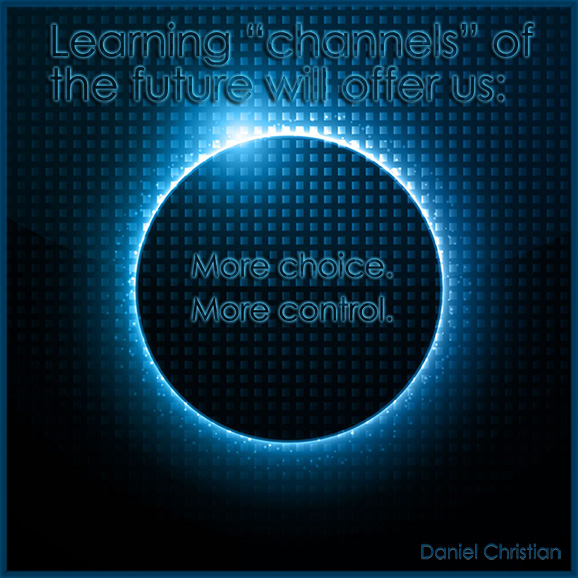Choice -> Ownership -> Empowerment -> Deeper Learning — from AJ Juliani
Excerpt (emphasis DSC):
Students continue to fall into the same trap year after year with traditional schooling. They rarely have a chance to choose their learning path in school, and routinely treat school like a “job” instead of the most valuable learning experience they will ever have…
By the time students get to high school, over 83% are stressed out, [and] 67% say they are bored half the time, and many learn to “play the game of school” worrying about what will happen to them if they do not get a particular grade and get into a specific college.
What we end up with are students who are never given a chance to explore their own interests in school, who end up confused about what they want to do with their future because they continue to march down a path that has been chosen for them for 12 years. Many of these students end up getting jobs in fields they think are “safe” or “practical” but don’t have a personal connection or interest to the work they are doing.
Choice in what content our students consume, what activities they take on in and out of school, what assessments they take, and choice in their purpose for learning.
Choice drives student ownership of their learning, which kicks engagement into high-gear, and ultimately leads to learning that is intrinsic and powerful and deep.
From DSC:
Our son has become a game-player. He knows just what he needs to get that A. No more, nor less. He doesn’t care about learning. And he is tired of getting information crammed down his throat. Information he doesn’t care about…at all. Since 10th grade, he has become disengaged.
Next year (for his senior year of H.S.), he is heading to studying what he wants to study — acting. Although it will be very difficult, I think he will blossom. He will become fully engaged…because he’s doing what he chooses to do.










